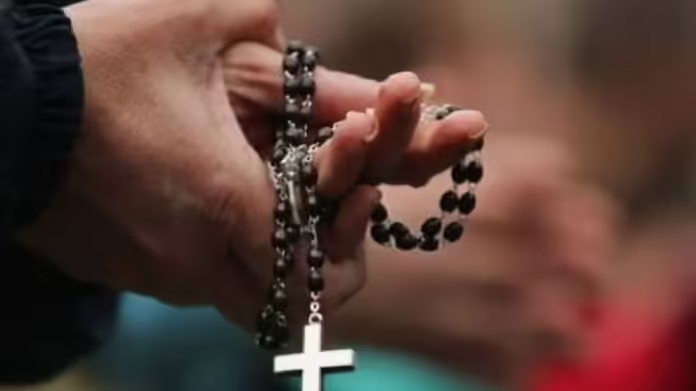Nagaland is currently grappling with a wave of outrage and condemnation following the brutal assault of a pastor, an incident that has sparked widespread condemnation from various quarters. The Lotha Baptist Churches’ Association (LBCA) has voiced its shock and strong disapproval of the assault, labeling it as “barbaric” and “heinous.”
The incident, which occurred recently, has sent ripples of concern across the community. The pastor, a respected figure within the local congregation, was attacked in what is being described as an unprovoked and violent act. This assault has not only shocked those who knew the pastor personally but has also drawn widespread condemnation from religious leaders and community members alike.
The LBCA, a significant organization representing numerous Baptist churches in the region, has been at the forefront of expressing outrage over the attack. The association’s statement condemns the assault in the strongest possible terms, describing it as an attack on the core values of faith and respect that underpin their community. According to the LBCA, such acts of violence are not only unacceptable but also undermine the peace and harmony that their religious teachings promote.
The attack has also prompted a broader conversation about the safety and security of religious leaders in Nagaland. As violence and unrest continue to affect various parts of the country, incidents like this serve as a stark reminder of the challenges faced by those who are dedicated to serving their communities. The assault on the pastor highlights the vulnerability of religious figures, who are often seen as symbols of hope and guidance.
In response to the incident, there has been a unified call from various community leaders and organizations for immediate action. Many have urged law enforcement agencies to conduct a thorough investigation and bring those responsible to justice. The urgency of addressing this matter reflects the deep sense of injustice felt by the community and the desire to prevent similar incidents in the future.
The public reaction to the assault has been one of disbelief and anger. Community members have gathered in solidarity, holding vigils and protests to demonstrate their support for the pastor and to demand justice. These gatherings have also served as a platform for expressing broader concerns about the state of security and the need for stronger protective measures for those in vulnerable positions.
The assault has also sparked discussions about the role of religious institutions in promoting peace and tolerance. Many see this incident as an opportunity to reflect on the values that underpin religious teachings and to reaffirm a commitment to addressing violence and intolerance in all its forms. The LBCA’s condemnation of the attack serves as a call to action for the community to come together and reaffirm their commitment to non-violence and mutual respect.
The aftermath of the assault has highlighted the importance of community support and solidarity in the face of violence. As the investigation progresses, the community remains hopeful that justice will be served and that measures will be put in place to ensure the safety of all individuals, particularly those who serve as leaders and role models.
In the broader context, the incident in Nagaland reflects ongoing issues of violence and intolerance that affect various parts of the country. As communities grapple with these challenges, the response to the assault on the pastor underscores the need for continued dialogue and cooperation to foster a more peaceful and respectful society.
Overall, the assault on the pastor has galvanized the community, prompting a strong and united response against violence. The condemnation from the LBCA and the public’s reaction highlight a collective commitment to justice and the protection of those who dedicate their lives to serving others. As the situation unfolds, the hope is that it will lead to meaningful changes that enhance safety and promote a culture of respect and tolerance.


